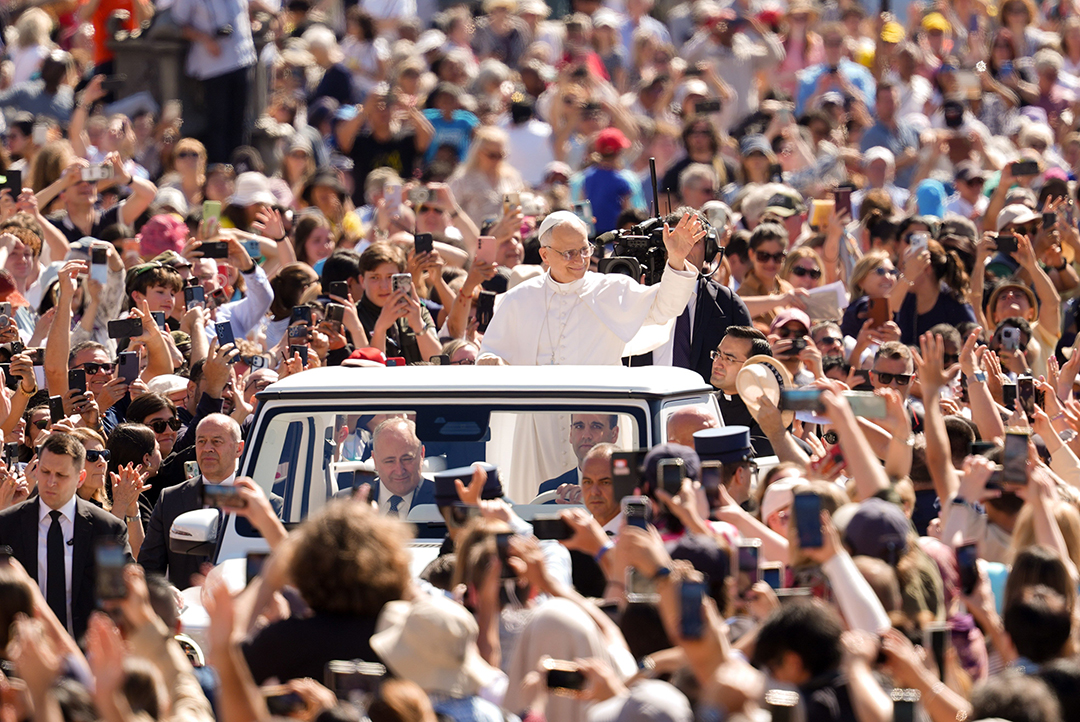DEAR FATHER | Jesus’ birth was the culmination of a long process of care and work
Why was Jesus born when and where He was? Was there something special about ancient Palestine 2,000 years ago?

When thinking about God’s decision to become a human 2,000 years ago, it is helpful to remember a principle that St. Thomas Aquinas used to talk about the Incarnation. He argued that it is not possible to say that God’s decisions about becoming man were necessary, but it is possible to show that they are “fitting.”
That means that we should not expect to examine particular ways that God has acted or the details of the life of Jesus and be able to say “I knew it all along” or “That was the way it had to be.” That would put a little too much confidence in our human intellect. None of us are so smart that we can tell God we know how history should unfold. Instead, it is more valuable to reflect on what God has done and to see how that revelation helps us understand our world.
For example, St. Thomas points out that it was fitting that the Incarnation of Jesus would be neither too early nor too late in human history. If it occurred too quickly after the fall, then the pride that led to the fall would be likely to continue, as people would assume that the Incarnation was something that we deserved or that we did not really need its grace and could have figured out our salvation ourselves.
On the other hand, it would not have been good to wait until the end of time to reveal God’s plan, either. When you love someone, you want to give them good news and help them as quickly as possible. In that way, Jesus appeared as the climax of a history of self-revelation from God that progressed from calling Israel to be His own, to delivering them from slavery in Egypt and offering them the Law, to calling His people back when they had strayed, and finally, to giving them hope through the prophets in the coming of the Messiah, who would bring ultimate salvation. This reflection shows us that the birth of Jesus was the culmination of a long process of care and work on God’s part.
In addition to these facts about God’s revelation, other details may have made the Mediterranean world 2,000 years ago a fitting moment for the birth of the Christ. This was a time in which the Roman Empire succeeded in creating an elaborate system of roads and a time of relative political stability. These roads enabled the quick spread of the Gospel message and provided a stable environment for that message to take root. Details such as these could hardly have been necessary for God to work, but they show that the Gospel can and should take advantage of the natural advantages that it finds itself in.
Father Chris Schroeder is senior associate pastor of St. Charles Borromeo and St. Peter parishes in St. Charles.




